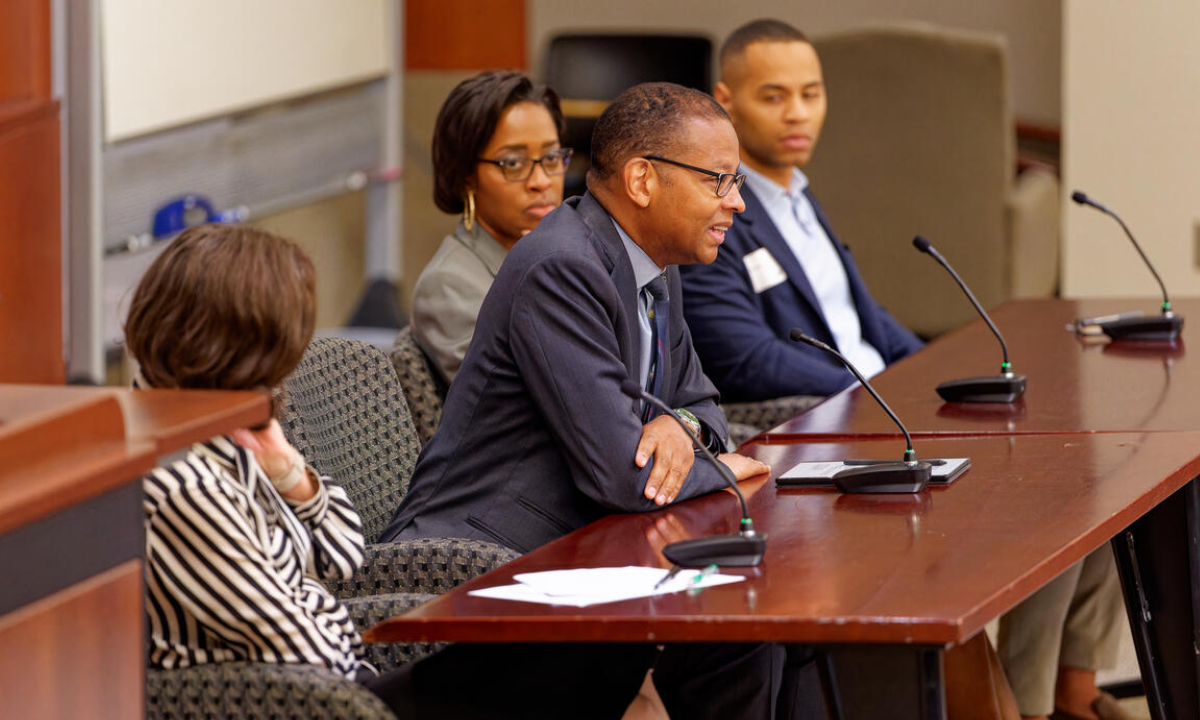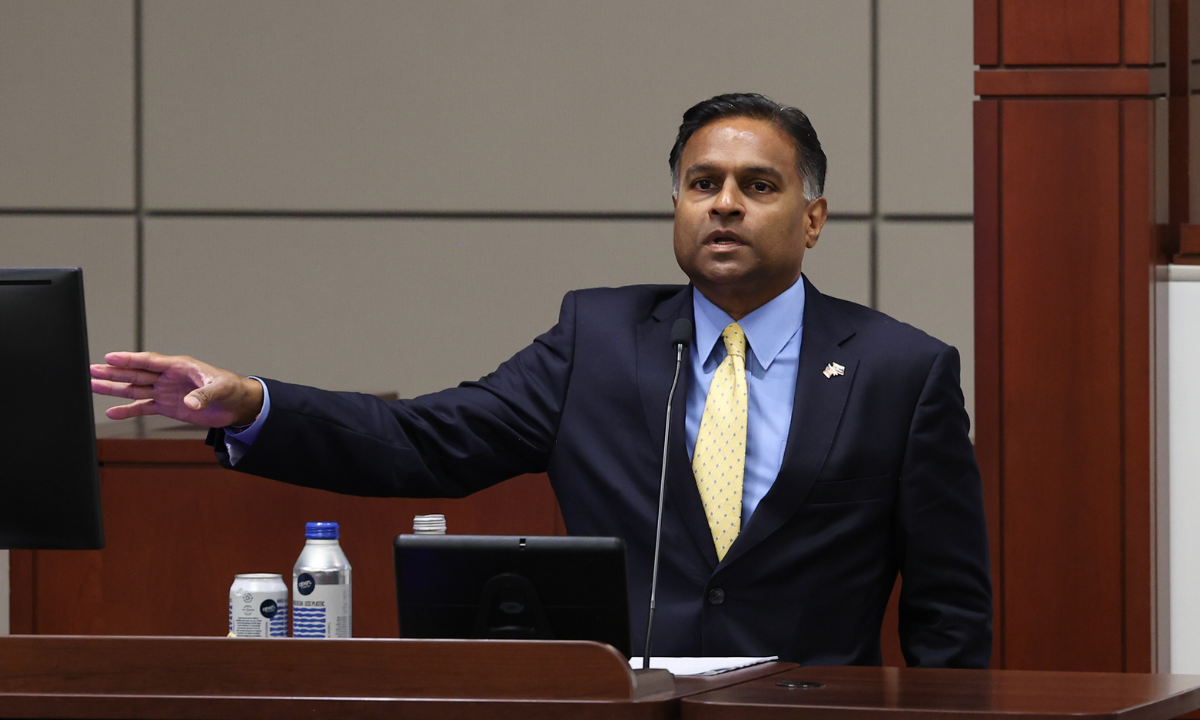
“‘Waters of the United States’ and the Agricultural Production Sector: Sweeping Change or More of the Same?”, a paper written by Emily Taylor ’16, will be published in the Environmental Law Reporter, the peer-reviewed journal published by the Environmental Law Institute.
The article compares the preexisting definition of “waters of the United States,” which determines the bounds of federal jurisdiction, with the new definition set forth in the Waters of the United States Rule (WOTUS). The rule was issued by the Environmental Protection Agency and the Army Corps of Engineers to clarify exactly what waters qualify as “waters of the United States,” thus falling within federal jurisdiction to regulate under the Clean Water Act. Taylor wrote the article as a semester-long independent research project under the supervision of environmental regulation expert J.B. Ruhl, a David Daniels Allen Professor of Law, who co-directs Vanderbilt’s Energy, Environmental and Land Use Program.
“The agricultural production sector strongly opposes the new rule, claiming the federal agencies have overstepped the bounds of their authority,” Taylor said. “But, after comparing the definitions, I concluded that the agricultural sector’s concerns about the changes in the Clean Water Rule are overstated. While the language in the regulation’s text changed significantly, the actual effect is to clarify the definition of ‘waters of the United States.’ Rather than increasing the scope of the Clean Water Act’s jurisdiction, the increased clarity provided by the revised definition may actually decrease the Clean Water Act’s scope.”
Taylor plans to join Porter Wright Morris & Arthur in Columbus, Ohio, as an associate focusing on environmental litigation, and pursued the research project to increase her exposure to water regulation. “I came to law school knowing I wanted to focus on environmental law,” she said. She chose to focus on the new definition of ‘waters of the United States’ because of its timeliness: A multi-district case that consolidated court petitions challenging the revised Clean Water Rule from the states of Ohio, Oklahoma, North Dakota and Texas; mining companies; environmental organizations; and agricultural and industry interest groups was pending before the Sixth Circuit Court of Appeals when Taylor began her research.
“The old rule was very short, and the new rule is much longer,” said Taylor. “But the old rule was surprisingly vague, so the new rule’s length makes sense because its aim was to clarify the definition, rather than leaving that task to the courts.”
Ruhl had nothing but praise for Taylor. “Emily dove into this topic with incredible energy and insight. Her analysis is meticulous and provides both a “big picture” assessment and “line-by-line” analysis. Anyone interested in the WOTUS must read her article!” he said.
Before undertaking the research project, Taylor spent two semesters working for Ruhl as his research assistant, looking at a wide variety of environmental regulations to identify any major changes made in environmental regulation in the last fifteen years. “Learning those research skills by working for Professor Ruhl was crucial to the success of my own research project,” she said.

